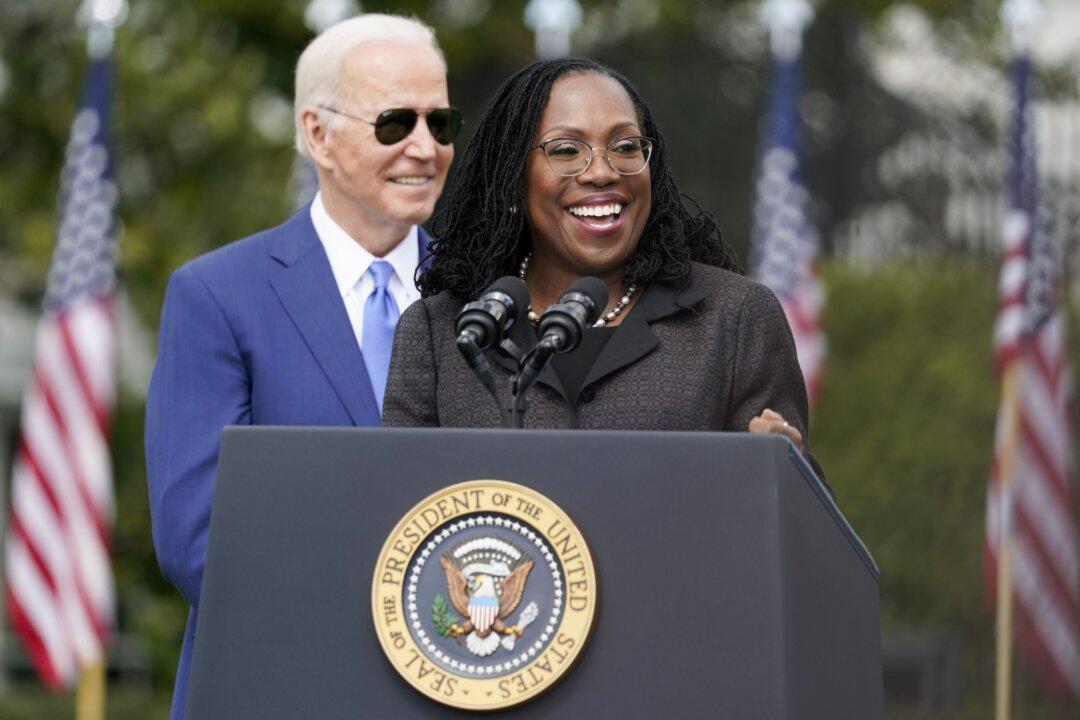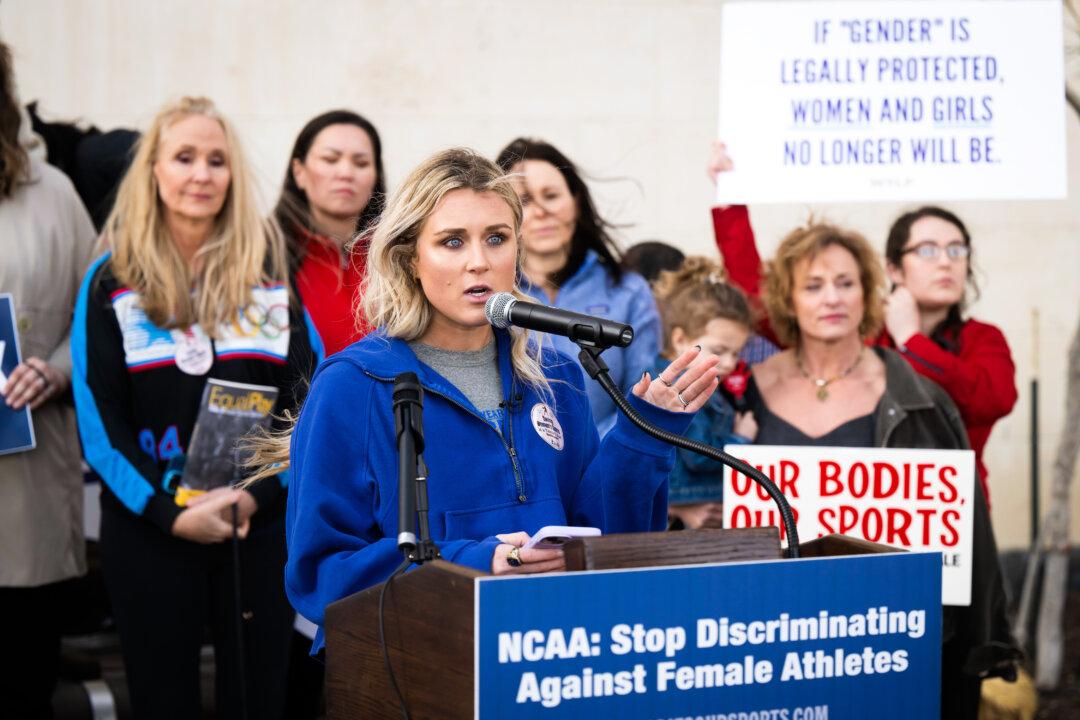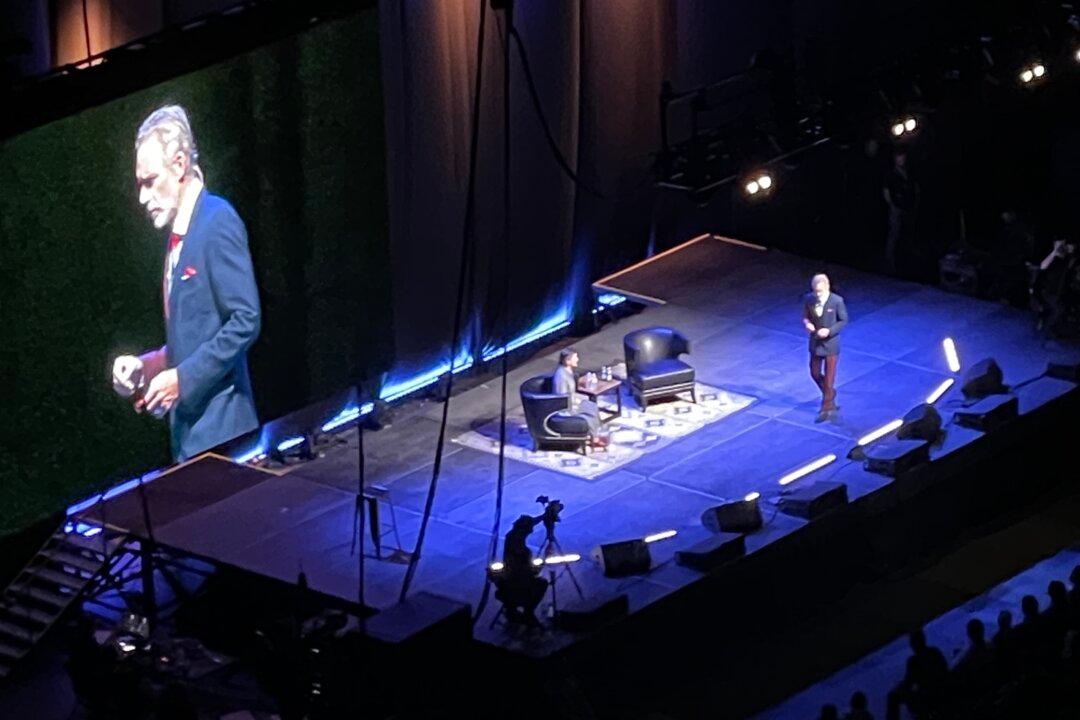Commentary
The nomination of the latest U.S. Supreme Court judge is over and successful, but it will be some time before any reasonable person will be able to digest the most sublime moment of the hearings which preceded the elevation. That was when the first black female ever to be nominated was asked if she—the pronoun should be noted—could define a “woman.” Forgive a literary reference but the moment summoned to mind Francis Bacon’s famous opening of his essay “On Truth,” one of the greatest sentences ever to escape from a quill:





